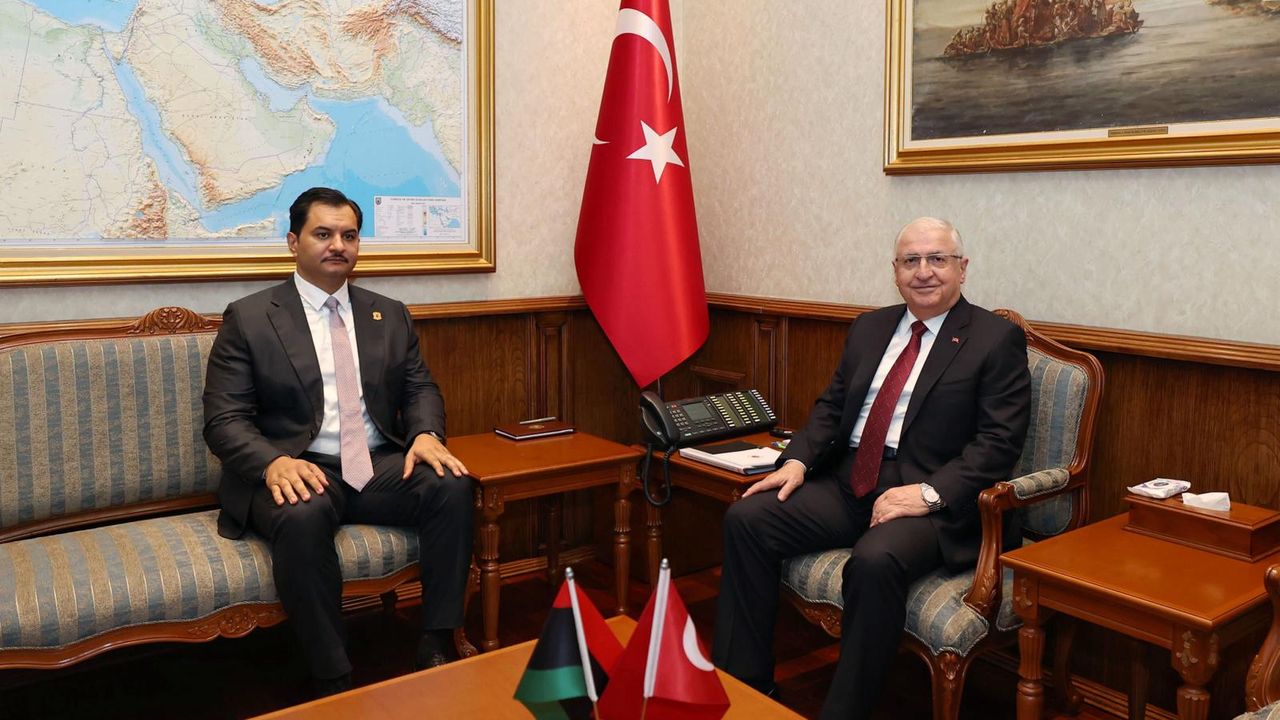Tunisians protest Saied rule, demand prisoners’ release

Hundreds of Tunisians took to the streets of the capital, Tunis, on April 9th in two separate rallies to protest what they describe as the authoritarian rule of President Kais Saied and the release of political prisoners.
According to Asharq Al-Awsat, protesters demanded the release of political detainees and criticised the government’s crackdown on opposition figures, activists, and journalists.
President Saied has faced mounting opposition since 2021, when he suspended the elected parliament, assumed executive authority, and later brought the judiciary under his control.
His critics have labelled the move a coup, warning that Tunisia’s hard-won democratic gains following the 2011 revolution are being systematically dismantled.
Supporters of the Free Constitutional Party gathered to call for the release of their imprisoned leader, Abir Moussi.
Protesters chanted slogans including “Saied, dictator, your turn has come” and “Free Abir,” accusing the president of silencing dissent and curtailing civil liberties.
“What is happening is true tyranny—no freedom for the opposition, no freedom for the media,” said demonstrator Hayat Ayari to Reuters. “Any word can send you to prison.”
In a separate protest, Tunisians of which are members of the opposition coalition Salvation Front also rallied in Tunis, calling for Saied to release of a wider group of political prisoners.
Six high-profile opposition figures detained in 2023—Abdelhamid Jelassi, Jawhar Ben Mbarek, Khiyam Turki, Ridha Belhaj, Issam Chebbi, and Ghazi Chaouachi—have begun a hunger strike in prison.
Their lawyers, who stated on April 9th that the strikes had begun, say the strike is a protest against an unfair trial.
The detainees have denied any wrongdoing, stating they were working on a political initiative to unify the fragmented opposition.
President Saied has dismissed the accusations, referring to the opposition figures as “traitors and terrorists.”
He has also accused judges who have shown leniency towards them of complicity.
Despite growing domestic and international concern, the Tunisian government insists democracy is intact, while Saied maintains that his actions are aimed at dismantling a corrupt elite—not silencing dissent.
Asharq Al-Awsat. Reuters. Maghrebi
Want to chase the pulse of North Africa?
Subscribe to receive our FREE weekly PDF magazine












